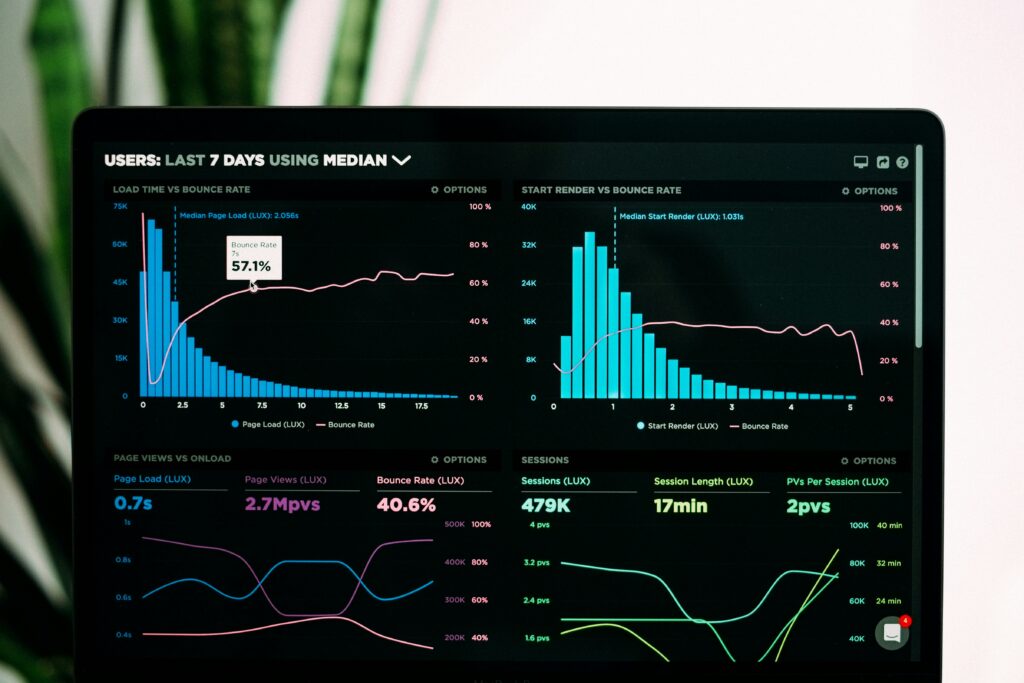Have you ever wondered what happens to all the data you generate while scrolling through your social media feeds or shopping online? Well, brace yourself for a glimpse behind the curtain of the booming industry of data brokerage.
Data brokerage, essentially the buying and selling of personal data, has become a lucrative business in the digital age. Companies like Acxiom and Experian aggregate and analyze massive amounts of data from various sources, including public records, online behavior, and even offline transactions. This information is then sold to businesses looking to target specific demographics for marketing purposes.
According to a recent report by the Federal Trade Commission, the data brokerage industry is estimated to generate over $200 billion in annual revenue. This staggering figure highlights the importance of data in today’s economy and the vast potential for companies to leverage it.
But as with any lucrative industry, concerns about privacy and ethical implications have come to the forefront. Many consumers are unaware of the extent to which their data is being collected and shared, raising questions about consent and transparency.
In the digital age, data has become a valuable commodity, shaping the way businesses operate and how consumers are targeted. As we move forward, it is essential for companies and regulators to strike a balance between leveraging data for innovation and protecting individuals’ privacy rights.



